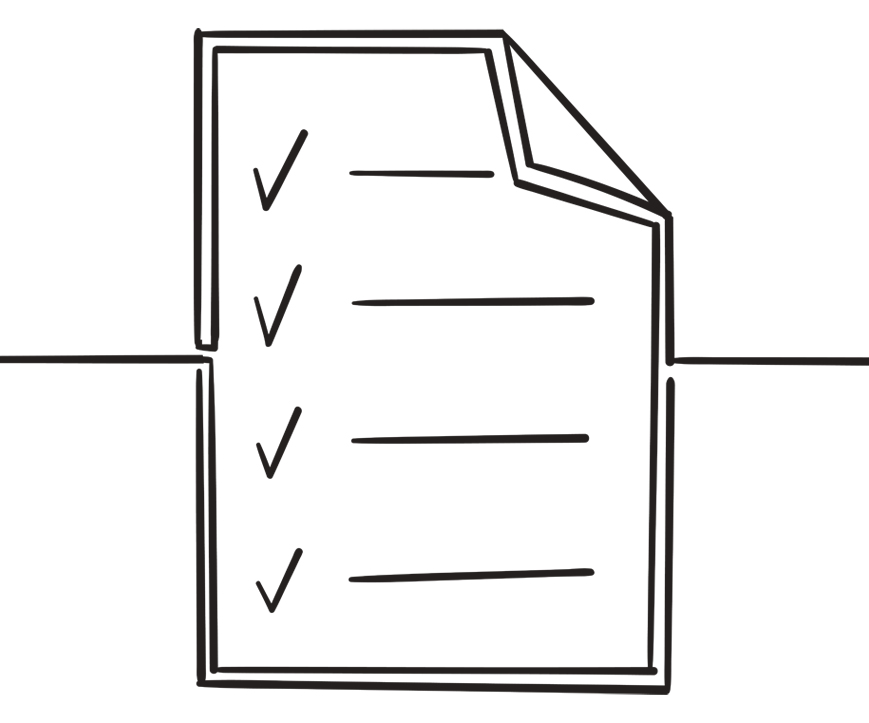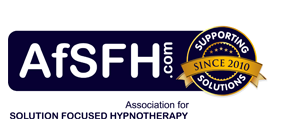Staying Safe Online
Staying Safe Online
Welcome to our staying safe online page. Here, our Head of IT and Social Media, Trevor Eddolls, considers some of the things we should and should not do in order to keep ourselves safe.
It's important to know how to protect yourself when working online.
Scroll
Here are some simple things you can do to stay safe online:

- Ensure that the antivirus protection software on your laptop and phone is up-to-date
- Install, use, and keep updated antivirus, antispyware, and anti-ransomware software.
- Use your laptop's firewall.
- Never respond to phishing attacks, eg emails, text messages, etc that get you to click on links and fill in your details on a spoof (hacker run) website.
- Don't overshare on social media. Posting lots of information on social media means that hackers know your location, your date of birth, your interests, and much more.
- Use different passwords for each website you use.
- Use different answers on each website for the authentication recovery questions.
- When buying online, make sure that the web address (URL) of the site begins 'https'. And, even then, double-check that it's a real shopping site.
Scroll
Email Safety

Check the 'reply to' address on emails. The email is fake if:
- The domain name is ever-so-slightly misspelled.
- The address includes the right company name, but not as part of the domain.
- The domain name contains the real brand name, but with some extra letters at the end.
- It's an encoded domain name, uses a short URL, has an incredibly long URL, or the URL redirects at the end of what looks like a genuine address, or it's just a completely different URL!
Never click on an attachment in an email that feels in any way suspicious to you. These often contain malware (hacker-written code).
Don't click on links embedded in an email without first hovering your mouse over the link to see the actual URL of where the link will take you.
Don't respond to spam in any way. Don't even click on the unsubscribe button. All that does is prove to the spammers that yours is a real address.
Scroll
Other things that should alert you that an email may not be genuine are:

- You don't recognise the sender's email address as someone you usually communicate with.
- The sender's email address is from a suspicious domain (like asffsh.com).
- It's an unexpected or unusual email with an embedded hyperlink or an attachment from someone you haven't communicated with recently.
- You've been cc'd on an email sent to other people, but you don't know them.
- You receive an email with a subject line that is irrelevant or does not match the message content.
- The email header says something like: COVID-19 cure; HMRC repayment; Black Lives Matter; New client; or anything else in the news or likely to attract your interest.
- An email appears to be a reply to something you never sent or requested.
- An email asks you to click on a link or open an attachment to avoid a negative consequence or to gain something of value.
- An email is out of the ordinary, or contains bad grammar or spelling errors.
- An email invites you to look at a compromising or embarrassing picture of yourself or someone you know.
Scroll
General tips...

- In your home, devices, like smart speakers, appliances, etc, should use strong unique passwords whenever possible.
- Don't use public Wi-Fi when accessing conï¬dential information.
- Don't allow your devices to auto-join unfamiliar Wi-Fi networks.
- Disable automatic Bluetooth pairing to avoid Bluesnarfing and Bluejacking.
- Never plug in unknown USB devices such as a memory stick.
- Lock your laptop if you leave it - no matter how briefly.
Scroll
Further help...

If you require any further information or have any questions about any of the information provided here, please contact our Head of IT and Social Media at: it@afsfh.com.
© 2021 AFSFH All rights reserved
The Association for Solution Focused Hypnotherapy
(AfSFH) is a not-for-profit organisation
Company Registration no. 7412098 © AfSFH
